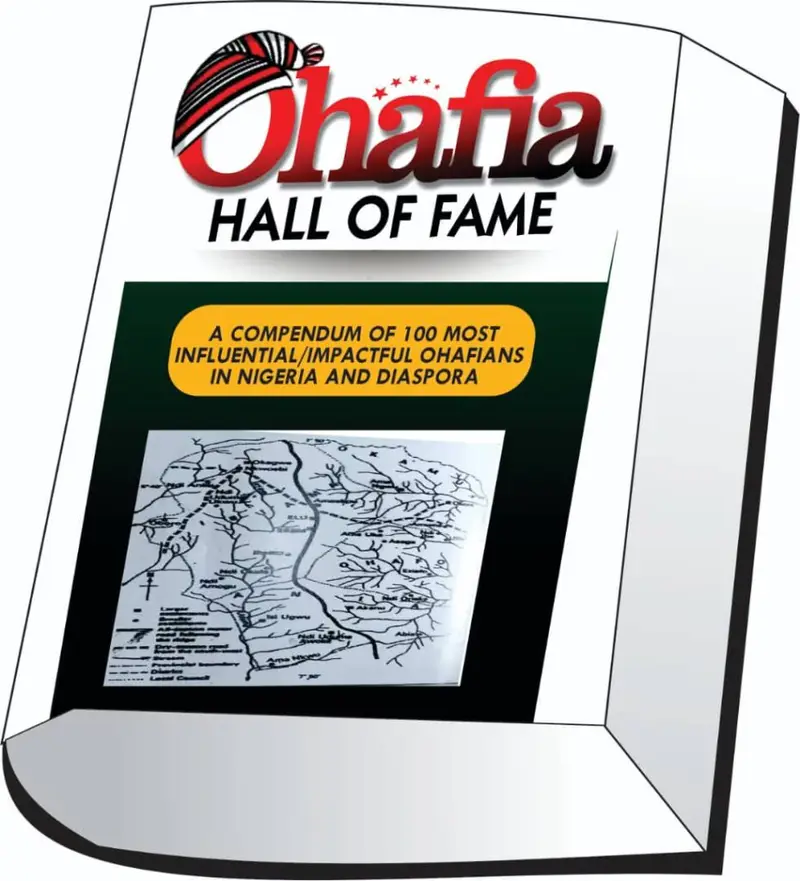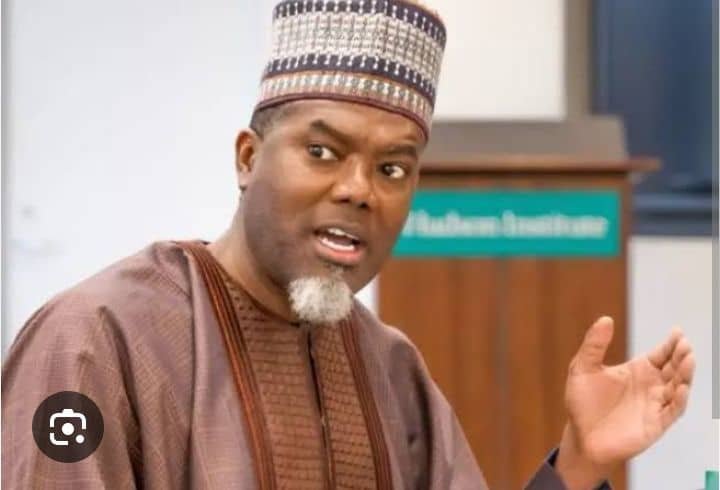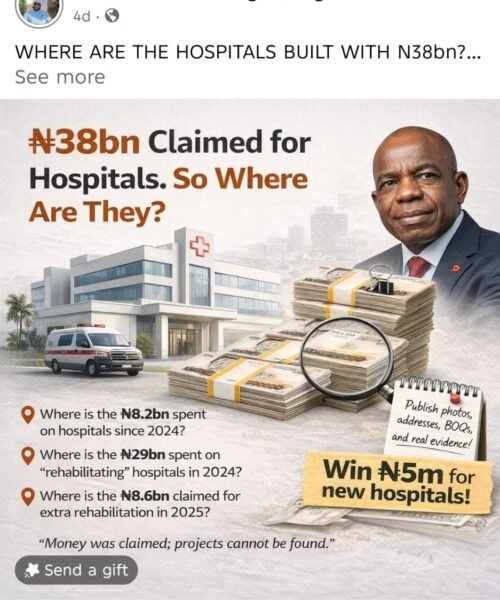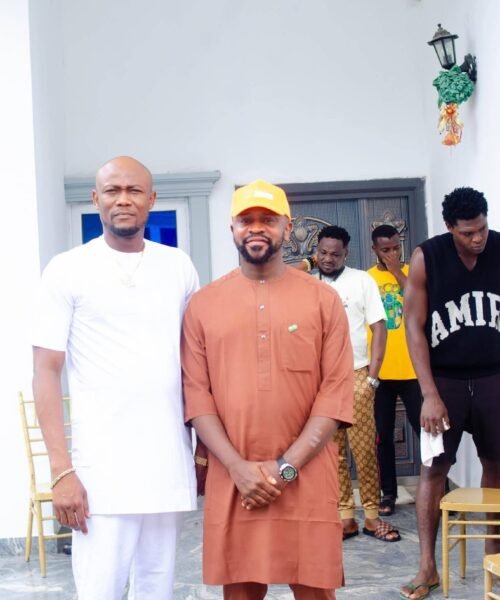A Reply to Reno Omokri Regarding Peter Obi and Recent Political Allegations
Introduction: Setting the Record Straight
Dear Reno,
Thank you for engaging in political discourse, as vibrant dialogue remains essential to our democracy. While your recent comments about His Excellency Mr. Peter Obi contain several allegations, I will address them systematically, though as you suggested, Mr. Obi himself may not respond directly for reasons that will become apparent. Your critique appears to blend legitimate concerns with misleading statements and personal attacks that do little to advance substantive political discussion in Nigeria.
I write this response not merely to counter your arguments but to model the type of issue-based politics that Nigeria desperately needs. Our political landscape has too often been dominated by personality attacks, tribal rhetoric, and unsubstantiated allegations rather than rigorous debate about policies, governance, and the future direction of our nation. Let us strive for something better.
1. Addressing the Specific Allegations Against Peter Obi
Multiple Party Membership claims
You allege that Mr. Obi is “a politician in two parties,” suggesting some unethical duplication of political affiliation. This characterization misrepresents the political reality of opposition coordination in Nigeria. The emerging coalition between the Labour Party and the African Democratic Congress (ADC) represents a strategic effort to build a viable alternative to the dominant parties, not any irregularity in Mr. Obi’s affiliations. Such coalition-building is commonplace in democracies worldwide where like-minded parties strategically align to maximize their electoral impact .
Ballot Paper Thumb-Printing Allegations
Your claim about a party being “caught red-handed thumb printing ballot papers” references an incident that remains unsubstantiated by independent verification. According to available information, when suspicious activities were detected in the recent by-elections, security operatives intervened appropriately . To implicitly connect Mr. Obi to this alleged incident without evidence constitutes exactly the type of political smear tactics that degrade our political discourse.
If you have concrete evidence of wrongdoing, the proper channel would be to submit it to the appropriate electoral and security authorities rather than try the case in the media. The burden of proof rests with the accuser, and without verified evidence, such allegations remain merely speculative and potentially defamatory.

2. Analysis of the By-Election Results and Broader Opposition Challenges
Contextualizing Electoral Outcomes
Your declaration that “Nigeria rejected the ADC and the Labour Party” in the recent by-elections requires nuanced examination rather than blanket pronouncements. By-elections traditionally favor ruling parties across democracies worldwide due to their incumbency advantages, including greater access to resources and machinery. The ADC itself has highlighted concerning irregularities in these elections, including widespread reports of violence, vote-buying, and administrative failures that compromised electoral integrity .
The Broader Opposition Context
Rather than indicating rejection of alternative platforms, the electoral challenges faced by opposition parties more likely reflect the asymmetric nature of Nigerian politics, where ruling parties control immense resources and machinery. The ADC has appropriately noted that these by-elections should not be seen as a measure of the strength of the opposition coalition but rather as “a sad reflection of how far the system has been corrupted against the will of the people” .
3. Response to Claims About the Obidient Movement
Tribal Characterizations
Your description of the Obidient movement as a “spent tribal force of Rudapests” (presumably meaning “Rude Pests”) represents precisely the type of reductive identity politics that has hampered Nigeria’s development. The Obidient movement, while having its origins in the southeast, has demonstrated national appeal with significant support across various geopolitical zones. The movement’s coordination office has explicitly stated there is “no friction between Obi and Usman,” indicating ongoing internal unity rather than disintegration .
The movement’s continued relevance is implicitly acknowledged by none other than the APC itself, whose youth wing recently declared they are “not scared of ADC [and the] Obedient Movement” while simultaneously announcing substantial investments in youth mobilization efforts for the 2027 elections . This hardly suggests a “spent force” but rather a movement that continues to be viewed as politically significant by its opponents.
Constituency Performance
The claim that Mr. Obi “lost to APGA” in his own constituency requires contextualization. Electoral outcomes are influenced by numerous factors including local dynamics, candidate appeal, and as previously noted, concerning irregularities that characterized these elections. A single electoral outcome does not define a movement’s relevance, particularly when the process itself has been credibly questioned.
4. Addressing the Security Commentary and Hypocrisy Allegations
Your previous statements have suggested that Mr. Obi has not spoken up for security personnel killed in the Southeast, but this is factually inaccurate. Following the tragic killing of five soldiers at Obikabia Junction in Abia State, Mr. Obi explicitly condemned this “dastardly act” and called for investigation and apprehension of the perpetrators . He described the incident as “a stark reminder of the escalating insecurity and violence that has continued to plague our nation” and emphasized that the sacrifice of security personnel “will never be forgotten” .
This public condemnation directly contradicts your assertion that he has “never for once spoken up” for security personnel killed in the region. While reasonable people may disagree on the appropriateness of Mr. Obi’s position regarding Nnamdi Kanu’s detention, factual accuracy must remain the foundation of our political discourse.
Conclusion: Rising Above Political Point-Scoring
Reno, your critique blends legitimate questions with unsubstantiated allegations and personal attacks. If our goal is genuinely to improve Nigeria’s political culture and governance, we must focus on substantive issues rather than character assassination. Rather than trading insults, we should be debating how to create jobs for our unemployed youth, how to secure our communities, how to stabilize our economy, and how to restore faith in our institutions.
The African Democratic Congress has rightly called on President Tinubu to “rise above his partisan interest and for once, demonstrate genuine leadership by ensuring that Nigerians can cast their votes freely and safely” . This should be our collective focus—ensuring that our electoral processes have integrity and that all parties compete on a level playing field.
Mr. Obi remains committed to the project of building a better Nigeria through lawful means and issue-based politics. He continues to enjoy support across the nation from citizens weary of the old politics of division and character assassination. Rather than writing off this movement, we would all be better served by engaging with its substantive critiques of governance in Nigeria.
Our democracy deserves better than tribal stereotypes and unsubstantiated allegations. It deserves rigorous debate about vision, policies, and values. I invite you to join in elevating our political discourse rather than diminishing it.
Yours in service to Nigeria,
Dr Chukwuemeka Ifegwu Eke
[A Concern Citizen]







